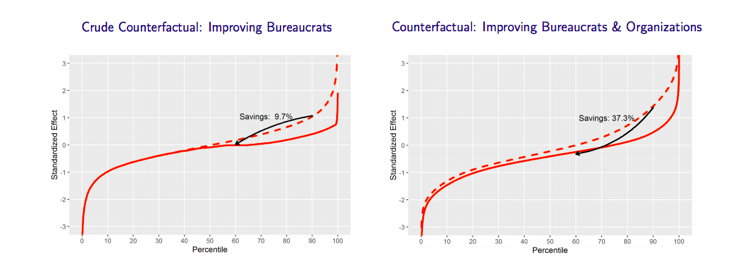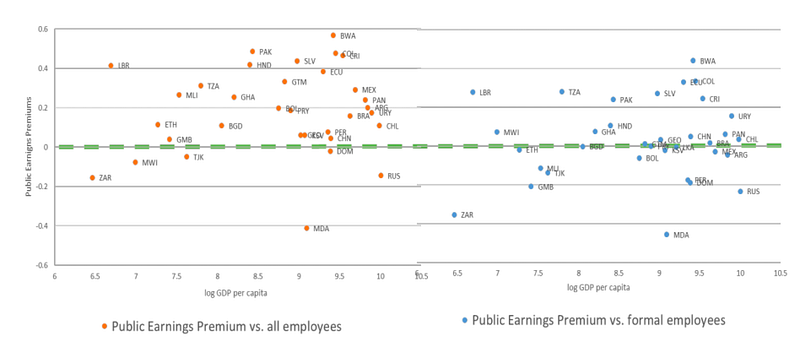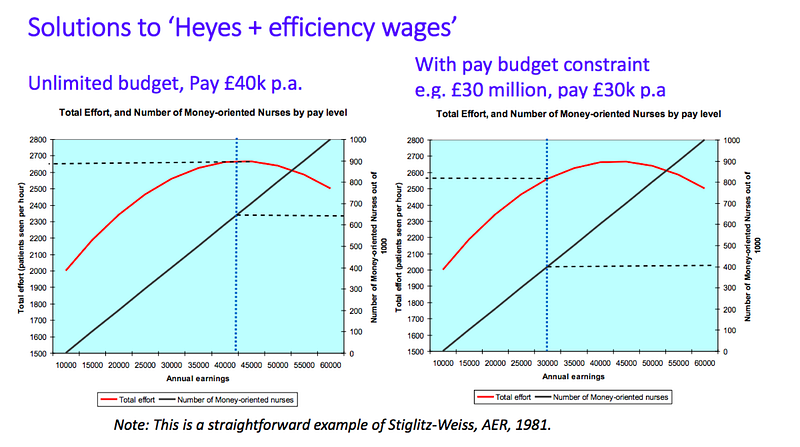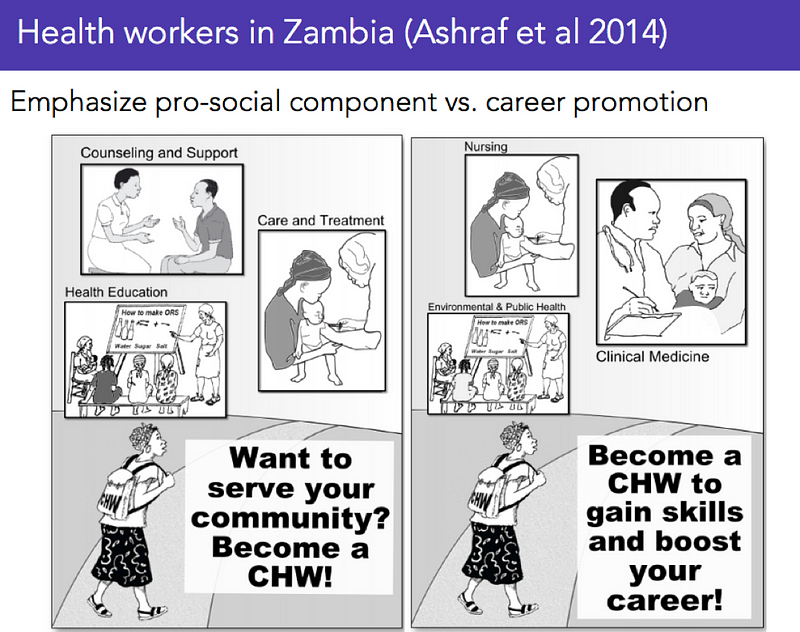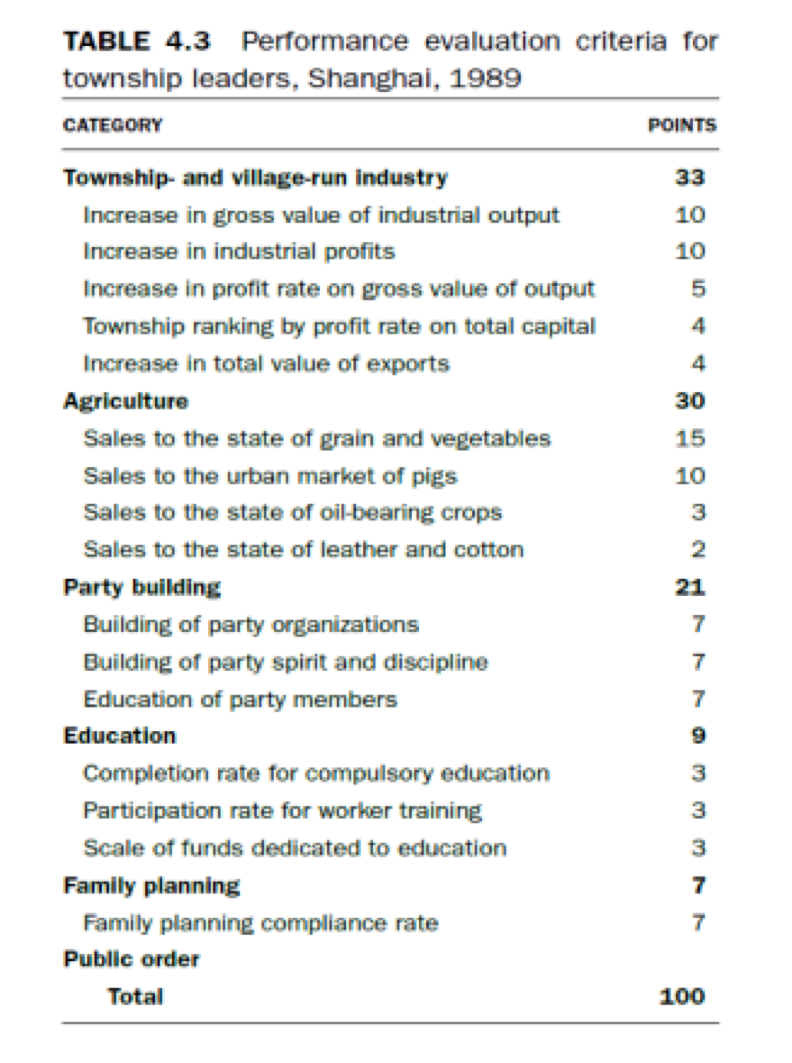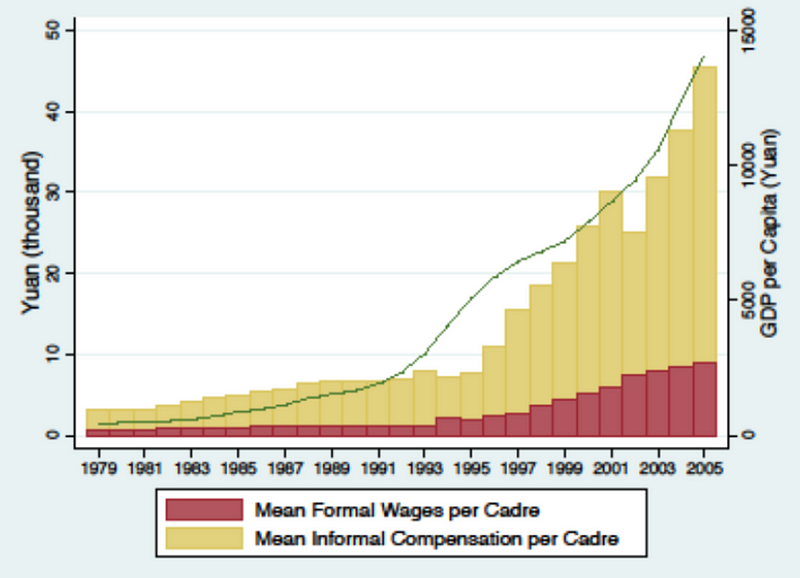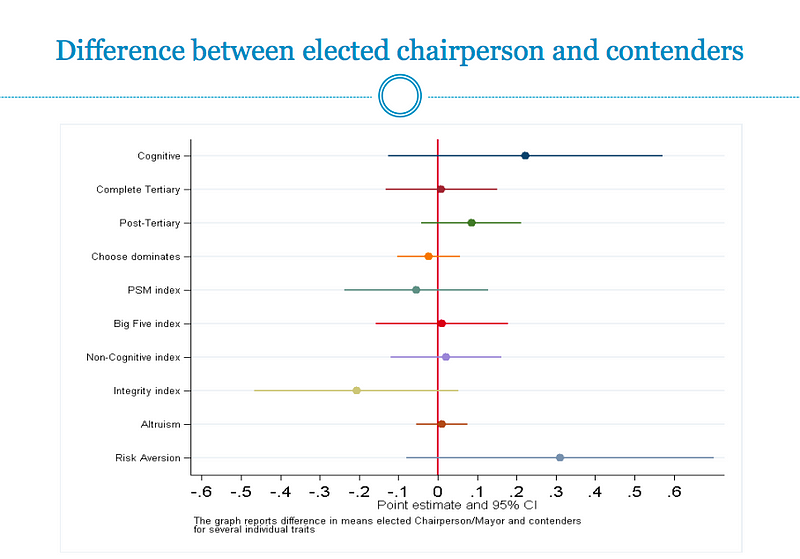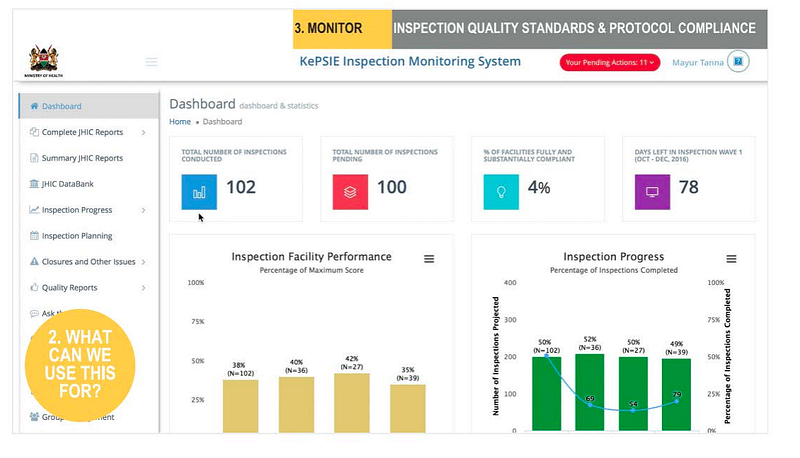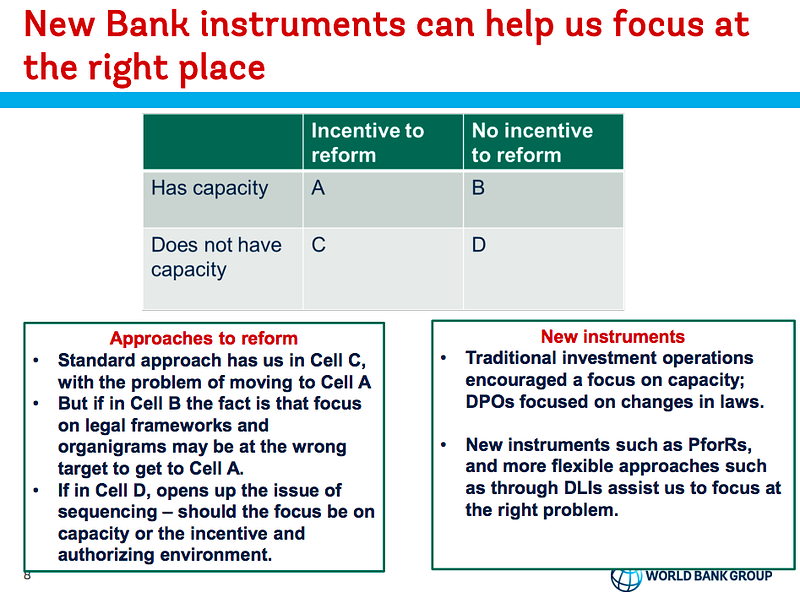This is a great quote from Simeon Djankov, former Finance Minister of Bulgaria (and founder of the World Bank Doing Business indicators) - pulling slightly in the opposite direction of the Tony Blair school of thought on reform (ruthless prioritisation), Djankov instead suggests go off 7 different directions at once in order to surprise and confuse the opposition.
"Well, one thing that did certainly affect it is the tactics of how to reform, in the sense that, certainly in academia, you are basically told you need to think deeply. Then there are a lot of pressure groups, lobbies, so you need to talk to them. You need to use the media for communicating the benefits of reform, and so on. Some of the reformers, successful reformers that I spoke with, before I joined the Bulgarian government, basically I said, 'You go, and on Day 1, you surprise everybody. So, you go in every direction you can, because they will be confused what's happening and you may actually be successful in some of the reforms. So, this is what I did. I went to Bulgaria in late July 2009; the Eurozone Crisis had already started around us. Greece was just about to collapse a few months later. So, there was kind of a feeling that something is to happen. But, instead of going, 'Let's now do labor reform,' then, 'Let's do business entry reform,' in the government we literally went 6 or 7 different directions hoping that Parliament will be, you know, confused or too happy to be elected--they were just elected. And we actually succeeded in most of these reforms. When I tried to do meaningful, well-explained reforms two years after, they all got bogged down, because lobbying will essentially take over and, 'Not now; let's wait for next year's government,' and so on."From the always interesting Econ Talk.

